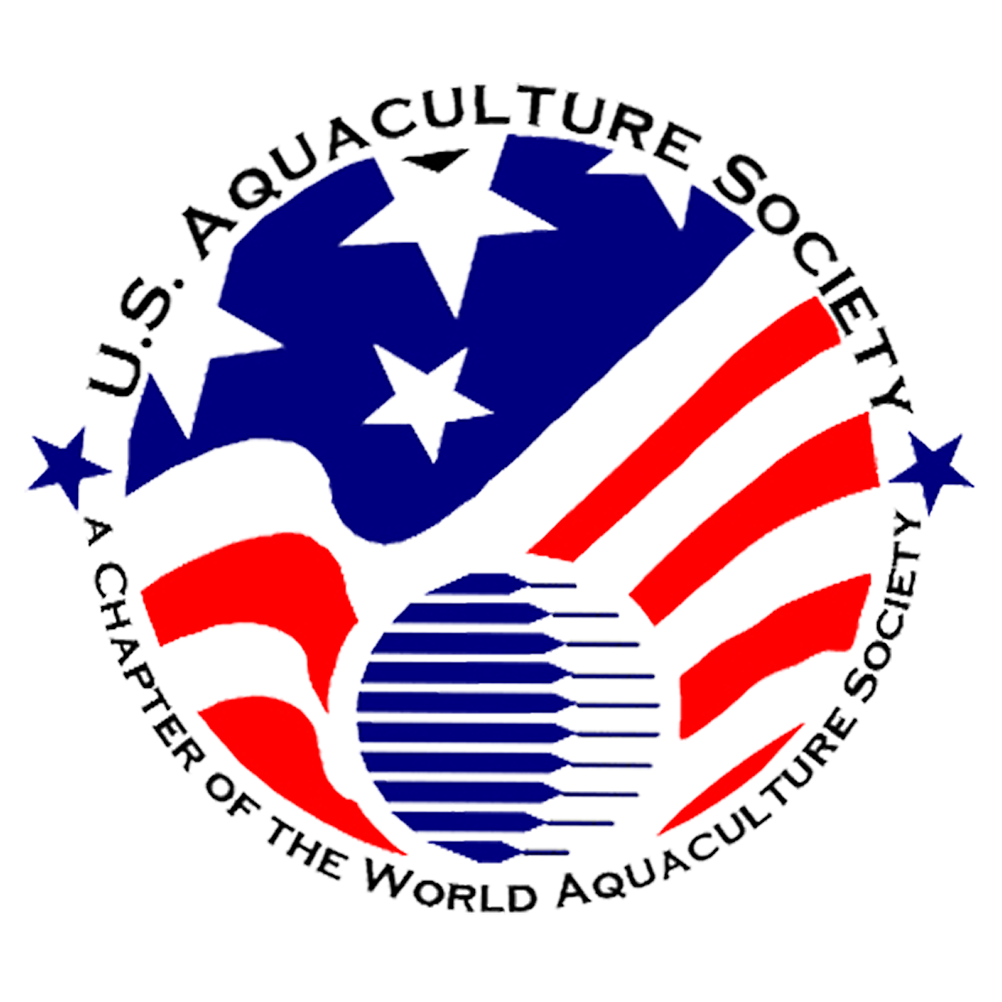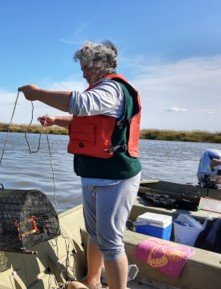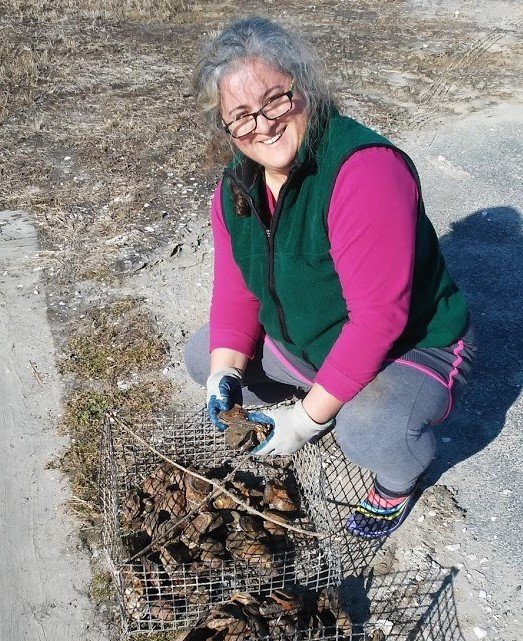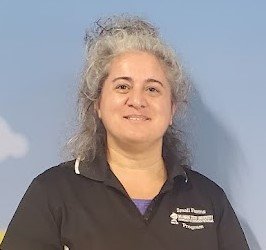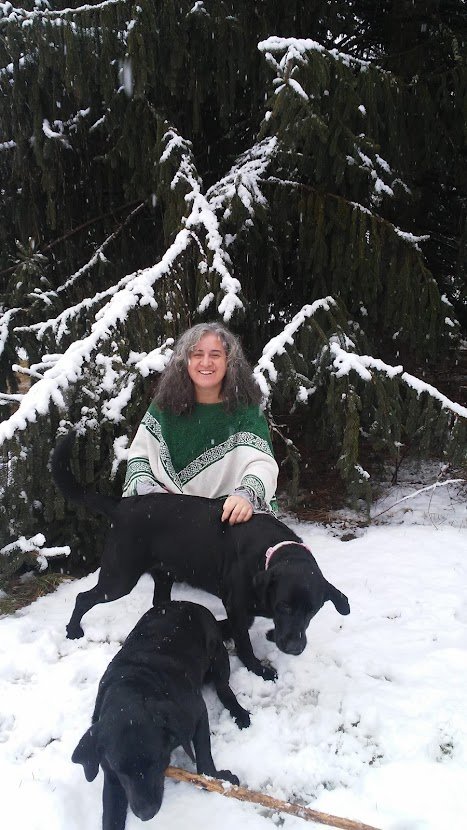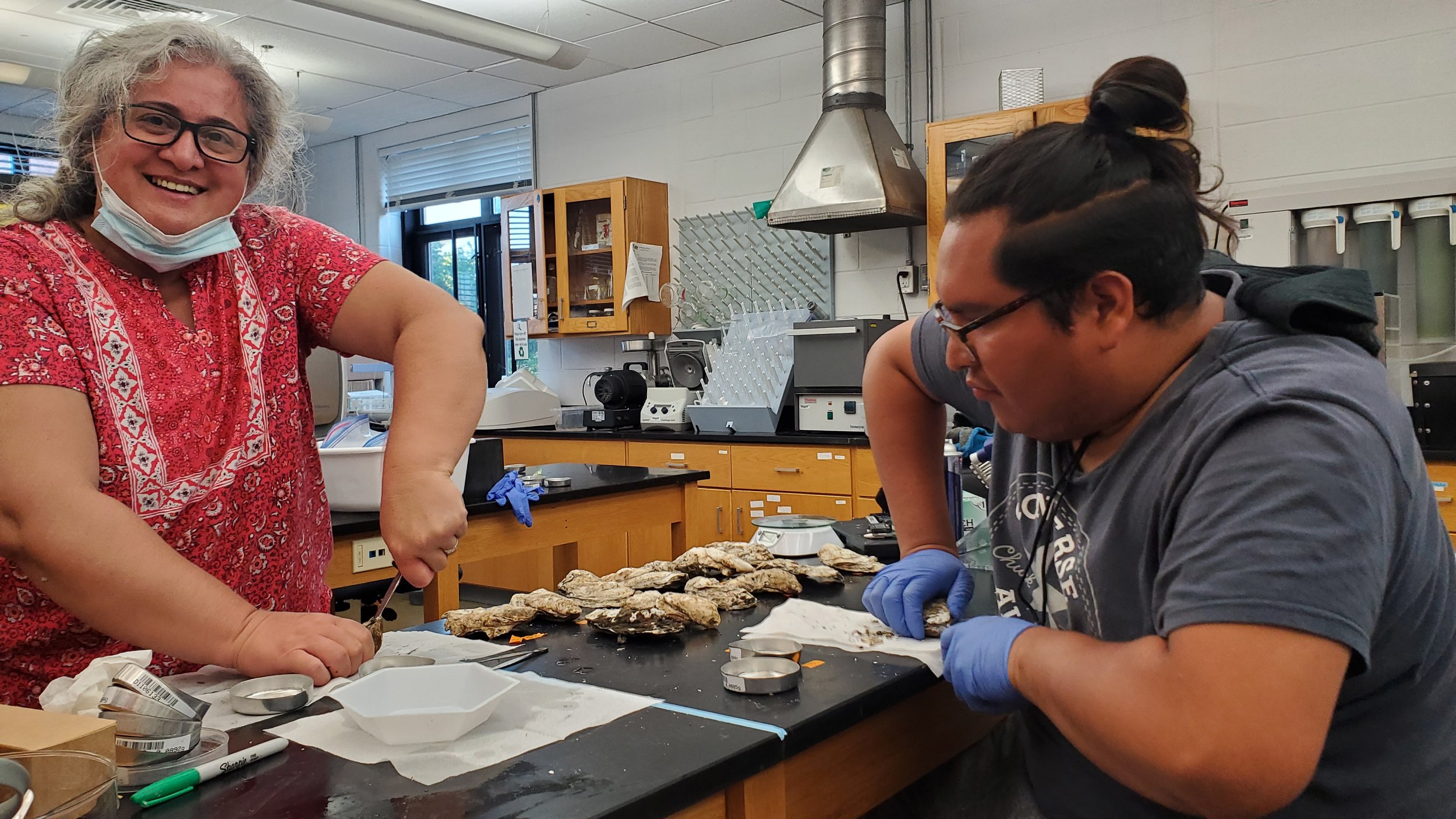Read about our resident mermaid!
To continue our interviews blogs, Carla Schubiger interviewed Gulnihal Ozbay on December 28th, 2022. Read about Dr. Ozbay’s exciting career and thoughts below!
1. Please introduce yourself (briefly; name, position, what are you working on)
My name is Gulnihal Ozbay. I am an Associate Dean for Extension and Applied Research, a Professor of Natural Resources, and the Director of Integrative Ph.D. Program in Agriculture, Food and Environmental Sciences in the College of Agriculture, Science and Technology at Delaware State University. I also direct my own lab - the ONE Health Lab - and the Center for Integrated Biological and Environmental Research.
I received my Ph.D. in Fisheries and Allied Aquacultures at Auburn University, Alabama, in 2002. I conducted research assisting with developing aquaculture effluent water-quality standards for the U.S. Environmental Protection Agency. Before that, I received an M.Sc. in Bio-resource Engineering (Marine Bio-resources concentration) from the University of Maine in 1996. My B.Sc. was in Fisheries and Aquaculture Engineering in Turkey in 1991. In addition, I got a second Master's degree from the Food Science and Biotechnology Graduate Program at Delaware State University in 2016.
My research includes habitat restoration, aquatic ecology and health, water resources, sustainable marine aquaculture and fisheries. The ecosystem approach in my research has allowed me to understand some of the land use stressors like nutrient runoff on the population ecology and restoration of ecologically and economically important two species, Blue crabs and Eastern oysters, in the Mid-Atlantic region. I genuinely enjoy working with these species!
2. How did you get your first job in the field of aquaculture? And what was the position?
I was involved in many internship opportunities provided to me. Even though I was not doing an internship in aquaculture, I was learning new techniques and was introduced to other fields of science. For example, I worked as a research technician in the Plant Pathology Lab at Auburn University. Although I am not a plant science major, I learned genetics and genomic techniques that l was later able to apply in oyster genetics research at my current institution.
My first professional job after graduating with MSc in Bio-resource Engineering in 1996 was to work for Connors Aquaculture, a company located in Eastport, Maine. They hired me to assist as a Field Marine Biologist to keep track and monitor feeding and feeding-related behaviors and conduct health monitoring of salmon raised in ocean cages. This job taught me a great deal about expectations and life in the industry.
3. What advice would give someone starting in the field of aquaculture (maybe a student)?
Do internships in as many fields as possible without jeopardizing your academic success! This way, you can learn what you like best and figure out what you want to do professionally. Young professionals should also learn different and new things and then learn to apply what they learned to improve themselves. I also recommend all students and young professionals to pay close attention when applying for jobs and choose opportunities that will make them happy. When your job is something you love, it will feel more like you are doing your hobby. We spend a lot of time at work, so it should make you happy to get up in the morning and enjoy your time at work.
4. What is something that most people don't know about the aquaculture industry or your role in the industry?
It is a 24/7 job working in aquaculture. The lives and well-beings of many aquatic species are dependent on how good we are at maintaining and keeping them. Although the industry is profit-driven, it also provides opportunities for innovation. Hard and smart work is something the industry expects from its employees. I also suggest that anyone works well in a team. This is how the industry thrives and becomes successful when everyone puts the company's interests before themselves and works as a team to achieve. Strong ties and collaboration with academia are always helpful to the industry and academia.
5. If you could be any aqua species, what would you be and why?
I love the puffer fish! They puff up when they are under stress or feel threatened. It is a clear and visible stress response. In addition, they look cute, but they could be deadly. I am fascinated by them. I am also a very transparent person, but no one can express themselves as clearly as a pufferfish when they are annoyed.
6. In your opinion, what is the most fascinating part of the aquaculture industry? Why?
The ability to have hands-on opportunities and learn something relevant and realistic.
Working in a team together for the same goal is another essential part of successful businesses. The aquaculture industry works closely with academia, especially cooperative extension teams that provide opportunities for everyone partnered. In addition, the aquaculture industry often welcomes students for internships or short-term training opportunities. This is significant and greatly assists the overall goal of preparing future workforce in aquaculture.
7. Favorite seafood dish? Would you like to share your favorite recipe?
My favorite seafood dish is grilled anchovy. Anchovies from the Black Sea are much bigger, and their taste differs from anchovies from the United States. Growing up on the coastal Black Sea, that was the popular dish among the coastal communities. I always enjoy it. We even eat anchovies during breakfast. I would suggest adding parsley and onion to anchovies during the grilling. Also, a fresh green salad goes well with this dish. It is very healthy and delicious!
8. What is your favorite aqua and/or non-aqua past-time?
I love anything that I can do in the water. Even when fishing, I need to be in the water, not just at the water. I am like a mermaid. From swimming to kayaking, white water rafting to playing with the waves, anything I can do in a lake, river, sea, or ocean, I love it.
9. Being a female in aquaculture what are the challenges/successes you like to share?
I have always experienced the double standards for male versus female professionals in aquaculture. Although it has been 35 years since I started my journey in Aquaculture and Fisheries Engineering Program as a freshman, we are still experiencing these standards. However, we are getting better at it. Indeed, female students have more opportunities to be involved in various internships and entry jobs in aquaculture and fisheries compared to 35 – 30 years ago when I started. There are also more funding opportunities for Research and Development and many professional development opportunities for the students. This I consider progress. However, we are still very slow at getting more female experts into leadership positions. Sometimes, regardless of how knowledgeable you are in your field, there are still biased relationships and expectations for male versus female aquaculture experts during some of the committees and services we provide.
10. Anything people would be surprised to know about you?
I love challenges and thinking outside the box. I have experiences working in different fields and sectors that make me adaptable and resilient to stress. Also, I did not speak any English when I came to the USA for my master’s degree on a Fulbright scholarship. My first language is Turkish and my second was German.
11. Do you have a superpower?
Everyone feels empowered when they do something they enjoy. My superpower is my curiosity which drives me. I love to learn something new and expand my knowledge and expertise. I love the multi-disciplinary approach in anything I do. For instance, I would love to learn more about Artificial Intelligent, Machine Learning, and Drone Technology and how they would apply in aquaculture. I don’t know if it is a compliment or whether I sometimes irritate people, but most people who know me always tell me I have a lot of energy and am very enthusiastic about anything I do.
